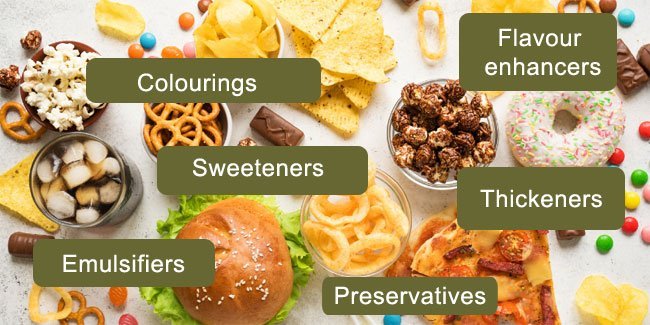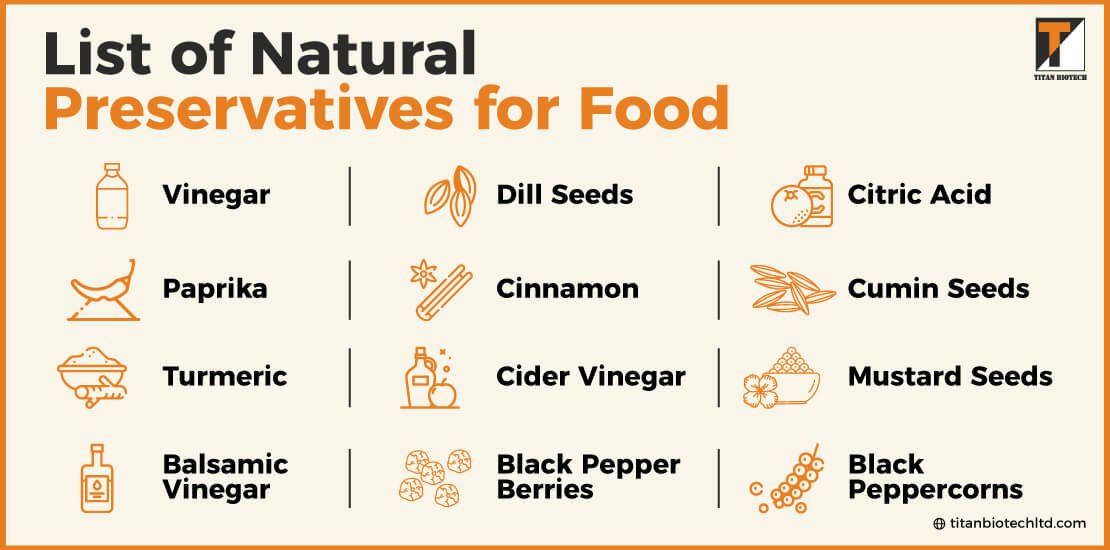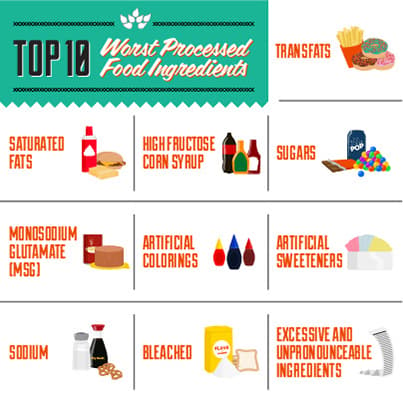Imagine this: you grab a pre-packaged snack for a quick energy boost. You savor the familiar flavor, completely unaware of the invisible guests hiding within – artificial preservatives. These chemical additives, while extending shelf life, can potentially cast a shadow over your health. Let's peel back the layers on these preservatives, exploring their potential risks and healthier alternatives.
The Dark Side of Preservation:
While research continues, studies suggest links between certain preservatives and a range of issues, including:
- Allergies: Sodium benzoate and sulfites, commonly found in processed foods and beverages, can trigger allergic reactions in sensitive individuals, causing symptoms like hives, wheezing, and even anaphylaxis.
- Hyperactivity in Children: Studies suggest a link between artificial food colors and hyperactivity in children, particularly those with ADHD. Some preservatives, like BHA and BHT, might also contribute to these concerns.
- Cancer: Though the evidence is complex and ongoing, some research suggests a potential link between long-term consumption of certain preservatives and increased cancer risk. Nitrates and nitrites, used in processed meats, are of particular concern.

These additives often disguise themselves under complex names on ingredient lists, making it tricky to identify them. Common culprits include:
- Sodium benzoate: Found in salad dressings, soft drinks, and jams.
- Sulfites: Present in dried fruits, wines, and some frozen vegetables.
- BHA/BHT: Used in packaged chips, cereals, and instant noodles.
- Nitrates/nitrites: Present in processed meats like sausages, bacon, and ham.
Beyond Food: Preservatives aren't limited to your pantry. They also lurk in:
- Cosmetics: Parabens and formaldehyde-releasing agents can be found in lotions, shampoos, and makeup.
- Medications: Certain preservatives ensure stability and prevent microbial growth in medicines.
- Household Cleaners: Some cleaners contain formaldehyde or isothiazolinones to prevent bacterial growth.
Guarding Your Plate and Beyond:
Prioritize fresh, whole foods whenever possible. Fruits, vegetables, and whole grains offer natural goodness without preservatives. Indulge in the vibrant colors and flavors of farmers markets and cook meals from scratch.
Embrace the wisdom of traditional preservation methods like:
- Vinegar: Its acidity inhibits bacterial growth, making it ideal for pickling and dressings.
- Salt: Used for centuries to preserve meats and fish, it draws out moisture and creates an unfavorable environment for bacteria.
- Spices: These add flavor and have inherent antimicrobial properties, extending shelf life naturally.

Become a Label Detective: Develop a keen eye for ingredient lists. Look for terms like "preservative-free," "natural," or "organic." Avoid products with long lists of unpronounceable additives.
Support Transparency: Advocate for brands that prioritize clean ingredients and clear labeling. Choose companies committed to using natural preservatives and minimizing harmful additives. Remember, your voice matters!
Remember: Small changes can make a big difference. By being mindful of artificial preservatives and making informed choices, you empower yourself and your loved ones to enjoy a healthier lifestyle.

Further Exploration:
https://www.healthline.com/nutrition/artificial-food#potential-side-effects